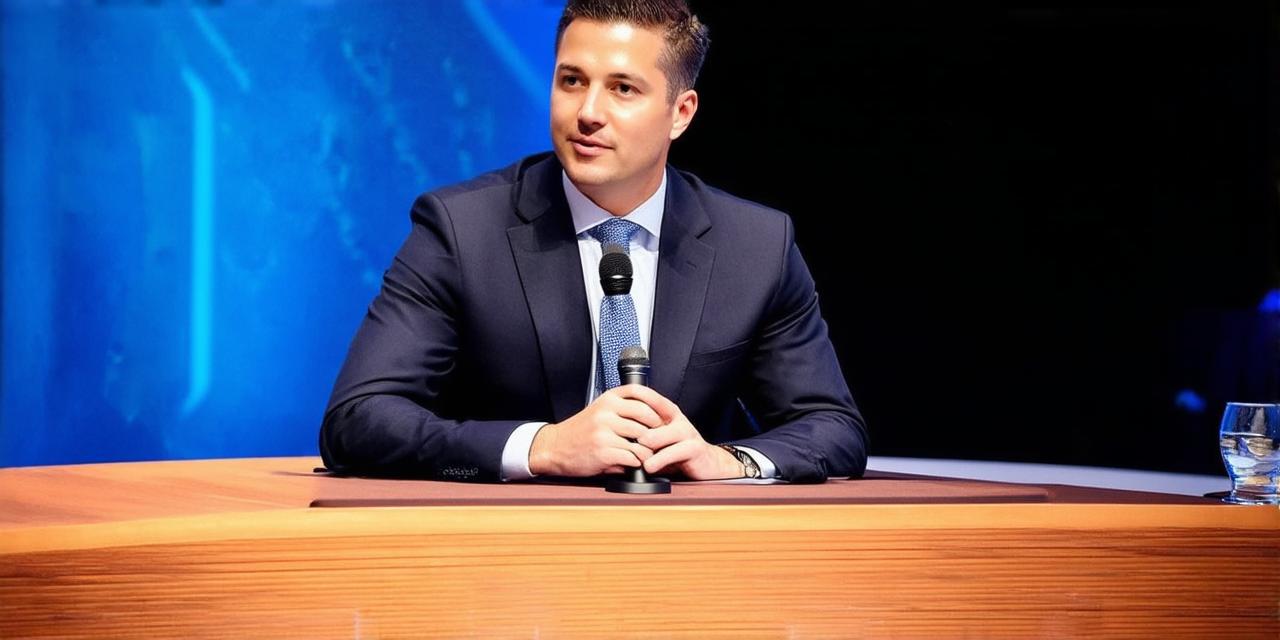Social Media Platforms
Social media platforms like Facebook, Twitter, and Reddit have made it easier than ever for people to connect with each other and share their opinions on a wide range of topics. However, these platforms also face the challenge of managing the discussions that take place on them.
Facebook, for example, has implemented several tools to help moderators manage conversations on its platform. These include the ability to ban users who repeatedly violate community guidelines, as well as the option to temporarily disable comments or posts that contain inappropriate content. Twitter and Reddit also have similar tools and features designed to keep discussions civil and respectful.
While these tools can be effective in managing certain types of conversations, they are not always sufficient. For example, a user who is determined to harass or troll another user may continue to do so even with these tools in place.

Moderators
Social media platforms rely on moderators to keep discussions on their platform civil and respectful. Moderators are typically volunteers or paid staff members who are responsible for monitoring conversations, removing inappropriate content, and banning users who repeatedly violate community guidelines.
Effective moderation requires a combination of technical skills and interpersonal abilities. Moderators need to be able to quickly identify and remove inappropriate content while also maintaining a sense of fairness and impartiality. They also need to be able to communicate effectively with users and manage potentially volatile situations with grace and professionalism.
There are several different approaches that moderators can take when managing online discussions. Some may choose to take a more hands-off approach, allowing users to engage in heated debates as long as they do not violate community guidelines. Others may choose to be more active, engaging with users and intervening when necessary to maintain a civil and respectful conversation.
Users
Ultimately, it is up to users to participate in online discussions in a respectful and civil manner. While social media platforms and moderators can play an important role in managing conversations, users have the power to make or break them.
Effective communication skills are essential for participating in online discussions in a positive way. Users should strive to listen actively and respond thoughtfully to others’ arguments, rather than resorting to personal attacks or name-calling.
Case Studies
There have been many high-profile examples of moderation failures on social media platforms. One notable example occurred during the 2016 U.S. presidential election, when Facebook was criticized for not doing enough to prevent the spread of fake news and misinformation. Another example occurred during the 2020 Black Lives Matter protests, when Twitter was accused of not doing enough to remove inflammatory tweets and prevent violence.
These examples demonstrate the importance of effective moderation in maintaining a positive and productive online conversation. Social media platforms and moderators must be able to quickly identify and remove inappropriate content while also fostering an environment that encourages respectful and civil discourse.



